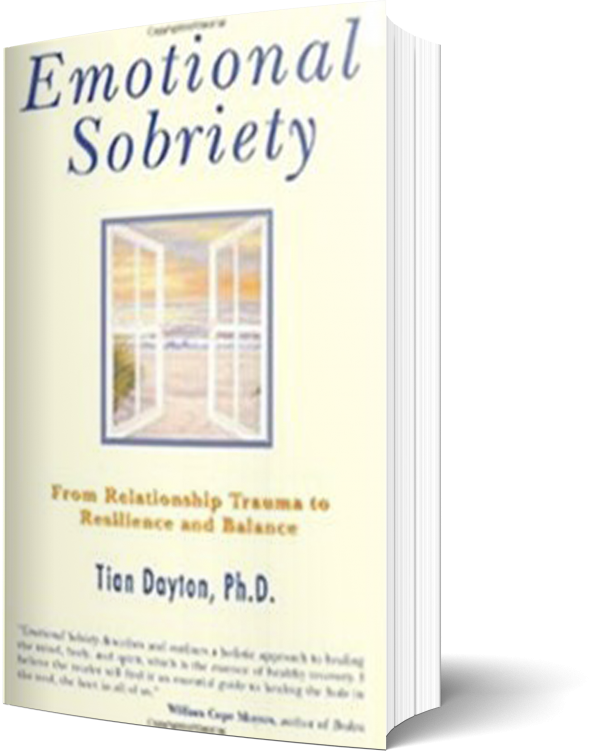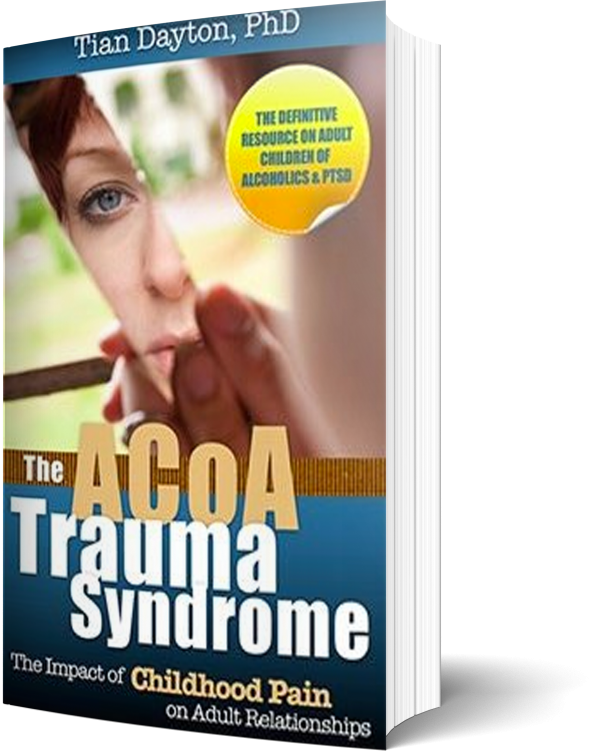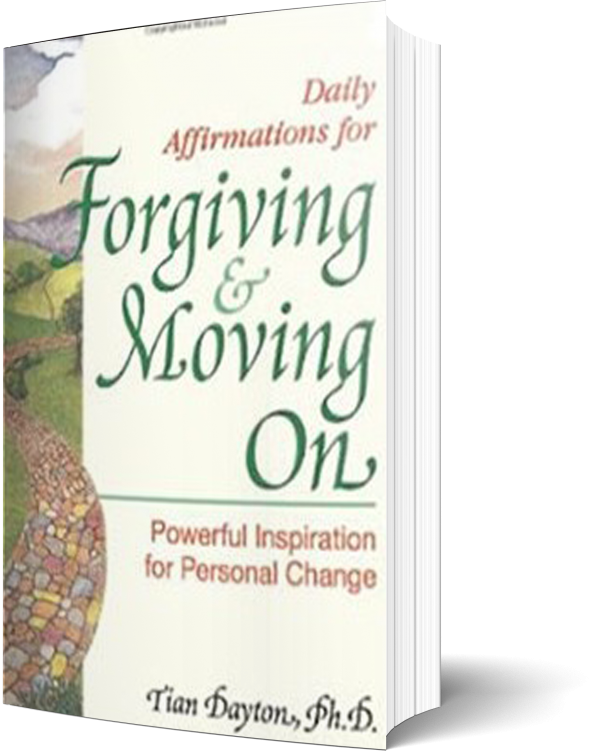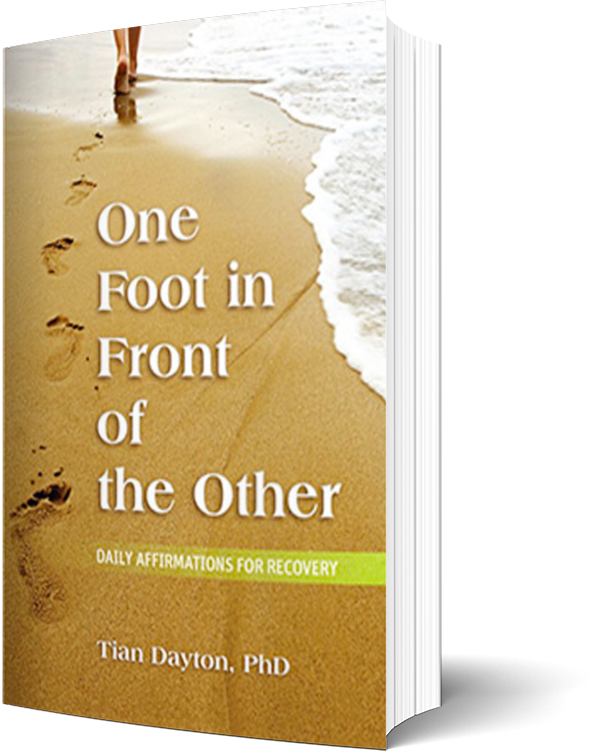Life is continuously happening to us. We're in a constantly evolving pattern of injury and healing, loss and redemption. Emotional fitness, strength and sobriety allow us to face the daily ups and downs of life with relative emotional balance. This doesn't mean that we no longer hurt, fly off the handle, have bad days and relationship issues. It simply means that we have the skills to work through them and hopefully grow from them rather than shrink from relationships and collapse from life's inevitable daily challenges. Each time we successfully work through a conflict it is a step up in emotional understanding and connection; when we don't, it can lead to misunderstanding and distance. A fifty minute appointment once a week is not enough to effect permanent and sustainable limbic balance and emotional sobriety. For that we need to adopt a new design for living, one that daily supports emotional fitness and resilience. Here are a few tips for greening your emotional life, for making emotional balance sustainable.
• Stay Emotionally Current: Work out old baggage, that saps energy and forces us to recreate the same problems over and over again. Making these unconscious patterns conscious allows us to get clear of mindless dysfunctional repetitions.
• Daily Emotional Processing: Process feelings as they come up. Don't wait for emotions to pile up so high that by the time we look at them, we no longer even know what they are about. Feel them in the moment, allow them to pass through you, observe them. Often, the answer you're looking for will emerge naturally if you don't block the feeling. Many of our emotions just need to be felt, "witnessed" and released so that we can learn from them. The actions we need to take may be rather small in reality; feeling them is often action enough.
• Activate the Body's Natural Medicine Chest: The brain produces more than fifty identified active drugs. Some of these are associated with memory, others with intelligence, still others are sedatives. Endorphin is the brain's painkiller, and it is three times more potent than morphine. It produces the so-called "runner's high." Consciously activating our body's natural healing helps us to attain and maintain emotional fitness and balance.
• Daily Serotonin Management: Serotonin is nature's natural anti-depressant. It helps us to keep our moods in balance and maintain a feeling of optimism and well being. It also aids in calming anxiety, relieving depression and regulating sleep patterns. Certain activities such as exercise or activities that engage and focus us like journaling, prayer and sharing thoughts and feelings with others can elevate our levels of serotonin. Consciously and constantly activating serotonin in our bodies can be an important part of daily mood management.
• Reduce Self-Medicating Behaviors: Self-medicating is oftentimes an attempt not to feel. We all engage in self-soothing behaviors and nature meant us to do that — in moderation. But it's best to keep consumption of alcohol, caffeine and other self-medicating behaviors to reasonable levels. If not, consistently using them to achieve a state of relaxation that you cannot achieve on your own may do more to damage your emotional sobriety than help it.
• Relationships: Maintain a healthy network of supportive relationships. Isolation is associated with depression and trauma and relationships are, according to research, a predictor of longevity. We're pack animals; we all need to feel we belong somewhere.
• Sane Living: Eating well, getting enough sleep, and down time are all a part of maintaining emotional sobriety. When our limbic system is thrown off through lack of sleep or foods that make out energy spike and decline, so does our emotional sobriety.
Making the life changes that create emotional balance also creates an emotional temperature that is comfortably in the mid-range and an emotional climate that's balanced; when storms and natural disasters do occur, as they will, we can find our way to equilibrium again.
From Emotional Sobreity: From Relationship Trauma to Resilience and Balance
tiandayton.com





